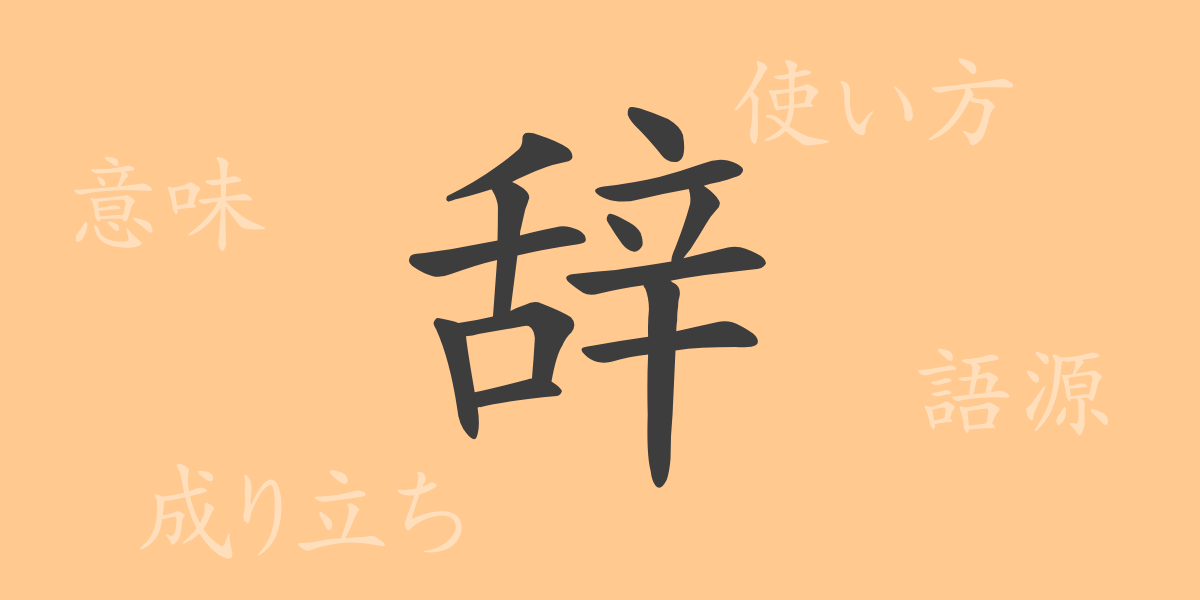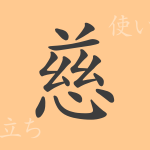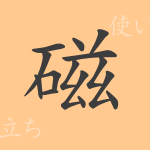The beauty of the Japanese language lies in its complexity and deep meanings. One of the common kanji characters in Japanese is “辞(じ).” In this article, we delve into the multifaceted aspects of the character “辞(じ),” exploring its etymology, meaning, usage, and various idiomatic expressions. Let’s dive into the world of “辞(じ)” and uncover its rich dimensions.
Origins of 辞 (Etymology)
The kanji “辞(じ)” originated in ancient China. This character is a compound of the elements for “words” (言(こと)) and “to endure something painful” (辛(からい)). Originally, it meant to stop speaking, and broadly, it came to encompass the idea of stopping or ending something. This historical context gives “辞(じ)” a nuanced meaning related to cessation and conclusion.
Meanings and Usage of 辞
The kanji “辞(じ)” primarily signifies ending, cessation, or resignation. It is used in contexts such as resigning from a job (辞(じ)職(しょく)), submitting a resignation letter (辞(じ)表(ひょう)), and other scenarios where something is brought to an end. Additionally, “辞(じ)” is associated with words and expressions, as seen in the term for dictionary (辞(じ)典(てん)). This character is thus versatile, encompassing both the cessation of actions and the realm of language and expression.
Readings, Stroke Count, and Radical of 辞
The kanji “辞(じ)” has several readings and structural components to remember:
- Readings: The on’yomi (音読み(おんよみ)) is “ジ,” and the kun’yomi (訓読み(くんよみ)) is “や(める)”
- Stroke count: 辞(じ) consists of 13 strokes.
- Radical: The radical is 辛(しん) (spicy, bitter).
Idioms, Phrases, and Proverbs Using 辞
There are many idioms, phrases, and proverbs in Japanese that include the kanji “辞(じ).” Here are a few examples:
- 辞世(じせい)の句(く): A poem or verse composed at the time of death.
- 辞職(じしょく): Resigning from a job.
- 辞典(じてん): A dictionary.
- 辞表(じひょう): A resignation letter.
- 名辞(めいじ)を挙(あ)げる: To present a good pretext, often used to justify an action.
Conclusion on 辞
The kanji “辞(じ)” is not only about endings or resignations but also encompasses deep meanings related to words and expressions. This kanji is frequently used in Japanese, and understanding its usage and the idioms that include it can enhance your expressive abilities. Through the character “辞(じ),” we can rediscover the profound nature of the Japanese language and its cultural richness.

























